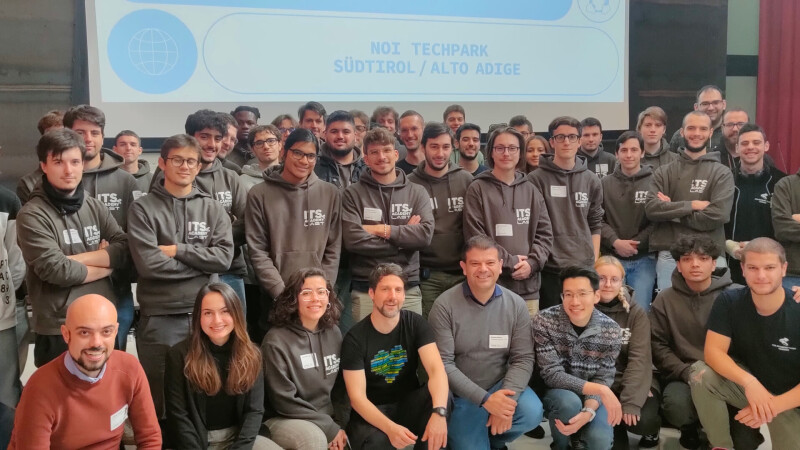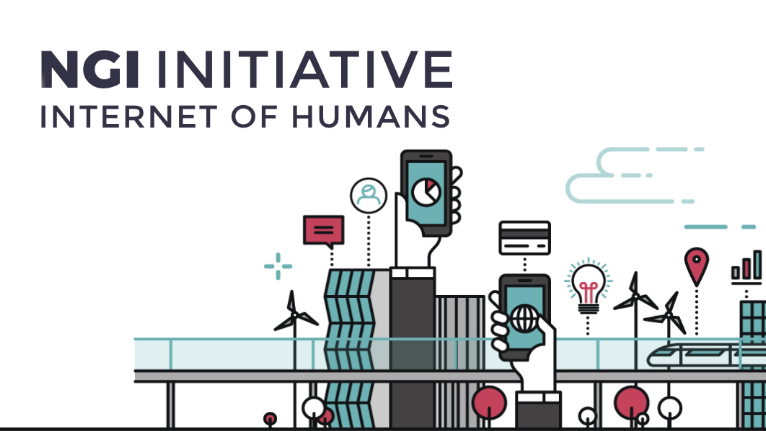Meet Jannes and Aaron, YH4F 2023 participants
Find out more about the Youth Hacking 4 Freedom participants of the 2023 edition. We are starting this series talking with Jannes and Aaron: both worked on projects related to school education, and it is particularly interesting to see how these two projects approached different aspects with a similar spirit.
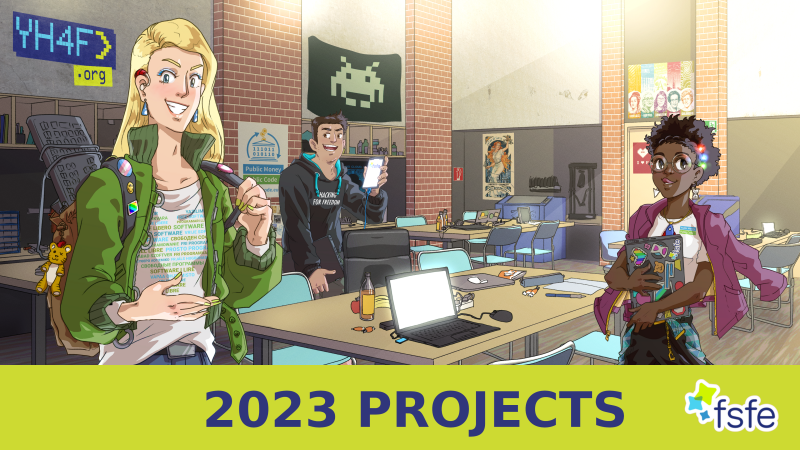
Aaron and Jannes are two German students, from North Westphalia and near Hamburg, respectively. They are 18 and 19 years old, and during Youth Hacking 4 Freedom 2023 they created School Hub and Nanoly+Shigoto, two projects that they intend to continue to develop.
School Hub is an unified platform for school information both for students and teachers. It seeks to help the average student to use data more quickly, while being an alternative to similar proprietary apps. Nanoly and Shigoto are designed to have a more efficient and tailored environment for managing homework and study material.
In this interview, we will learn more about them!
FSFE: Hi to Aaron and Jannes! Before diving into the details, can you introduce yourselves?
Aaron: I’m Aaron. I’m 18 years old and I come from North Westphalia, in Germany. I’ve been interested in computers from a very early age and it’s currently what I do as a hobby. It’s my passion.
Jannes: My name is Jannes. I’m from Germany and I live near Hamburg. I’m currently 19 years old and I’m in the 13th grade, so this is my last year of school. I like programming. I also do sports: I like cycling a lot, and I practice Aikido in my free time.
FSFE: Could you introduce us to the project you developed for YH4F 2023?
Aaron: My project is called “School Hub”, it aims to be a unified platform for school information, both for students and teachers.
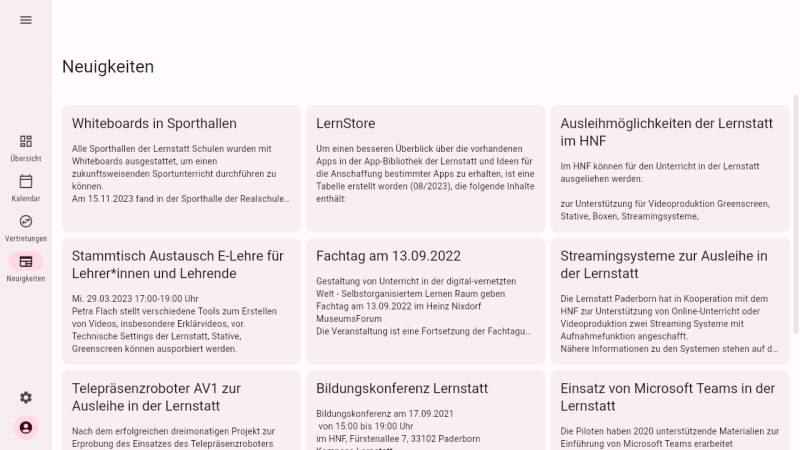
School Hub’s “news” section (
Neuigkeiten)
Very early in my time trying out Flutter [coding framework], I was incredibly interested and passionate about it. At the same time, the current software my school uses is proprietary and it’s crap. So I asked my school: “Hey, wouldn’t it be cool if our school had a mobile app with these features and resources? I think it would be cool!” The idea was shot down for privacy reasons or because they did’t want to get involved.
That’s what made me think: “I need an app that I can open in the morning and I don’t have to sign in every morning; where I can see instantly for me which lessons are cancelled, substituted or otherwise if something special going on”. Nowadays we use Microsoft Teams, but all the data is communicated through chats: it’s not really stored anywhere properly. So the main point of the app is to take all the data it can collect, and present it in a nice way.
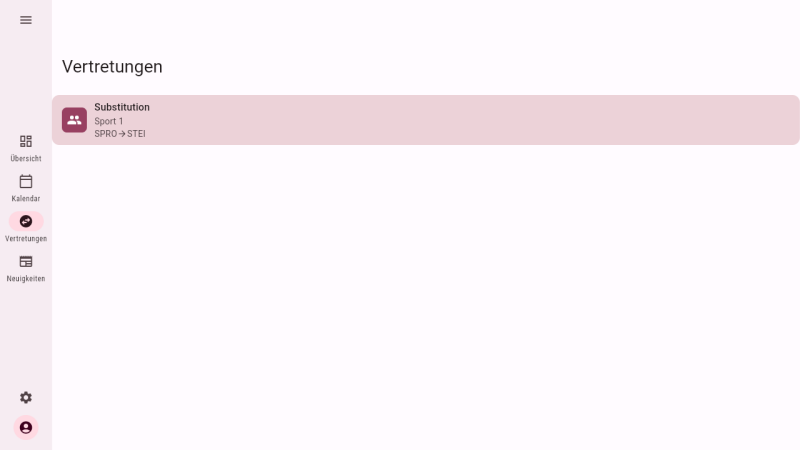
School Hub’s “substitutions” (
Vertretungen) section
Jannes: I developed two sibling projects: Nanoly, a file manager focused for school usage, and Shigoto, a to-do list manager. By integrating them, my purpose was to provide students with a dashboard to manage their school work.
I’m working on my laptop most of the time, and I needed some sort of organization, as well as a tool for writing homework. I had very specific needs and use cases in mind, such as opening files with custom key-bindings, touch support, annotating PDFs, and other things. So I started building the UI and then writing the code for it. I learned a lot of new things along the way!
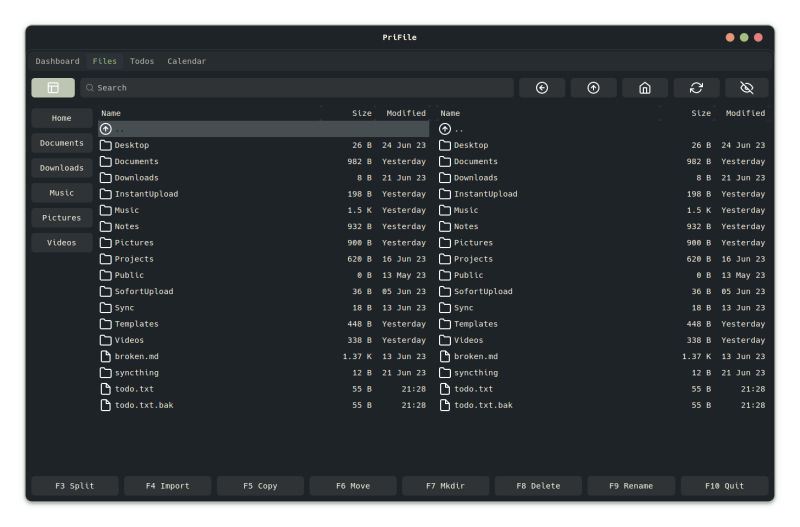
Nanoly’s main page
My main idea was to reduce the number of windows I have open on my screen in order to be more productive. I haven’t quite achieved this, because I decided to develop two parallel projects. But at least both concepts fit very well on one screen, and I don’t need anything else except the application that’s open to edit files, for example.
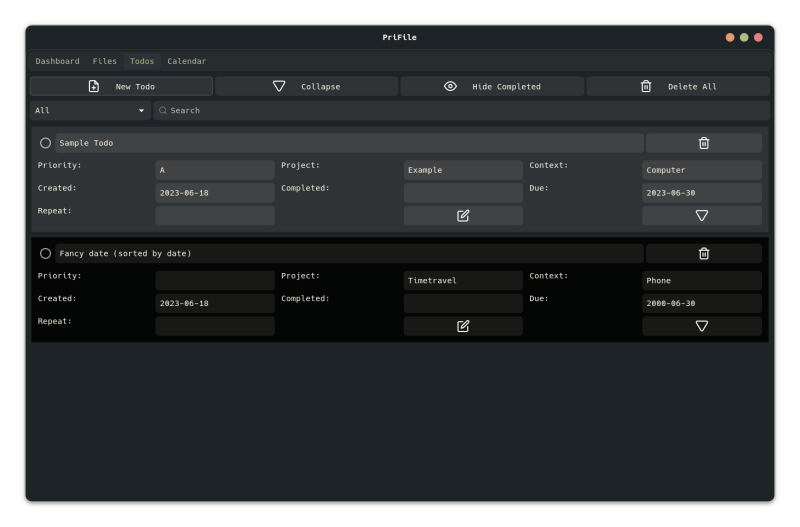
An example of the Shigoto dashboard
FSFE: Not any kind of project, your projects are Free Software! How did you get in touch with the movement?
Jannes: I first got into free software during the first covid lockdown. A friend convinced me to switch to Linux and invited me into a group chat with people, who all work/study in the IT sector. I joined their video calls and learned a lot from them about Linux, self-hosting, and other great free and open source software. During the same period, I also got into programming, and participated in some competitions. One of the people from the chat group told me about the YH4F competition, where I then learned how to make my own software into Free Software.
Aaron: My family like to joke about being careful to give me a screwdriver, because otherwise I would disassemble all the devices in the house. I have been tinkering with computers since I was little. As I got older, I played around with it. I experimented with programming, trying out different kinds of software. And eventually I wrote one by my own.
At some point I became curious about installing Ubuntu. So I did. Later, I tried several different distributions. I switched off Windows completely. And I appreciate that my operating system doesn’t nag me all the time.
FSFE: You developed your software during YH4F 2023, where you also had the chance to meet other young developers as well as more senior Free Software contributors. How was this experience?
Aaron: One thing I really enjoyed about the competition was the generous amount of time compared to my previous involvement in events or competitions. Most of the time, I have participated in hackathons where I only had a couple of days at most. It is just enough for a really small and light proof of concept. By putting more time and energy into my own project, I was able to make it much better. I also enjoyed the frequent meetings we had, as well as some guest presentations from some prominent people. It’s always nice to see how people do their things, which is something I don’t get to see very often.
Jannes: There was quite a lot I learned! By participating also to the 2022 edition, it was such a long time that I invested into putting both competitions together, three projects in different areas. I learnt a bit about those areas. Just a little bit about the whole context, but a lot for me. I was able to help improve my coding skills. In terms of the competition itself, it was really great. There was a chat room, there were the monthly calls and it was super easy to interact with the other participants, which was very fun. I always felt particularly taken care of by the organizers, because we always had a way of contacting them to get some help if we needed it. The monthly calls were great to stay up to date and keep in touch with the others.
FSFE: The competition has finished, but life goes on. What are the future plans both for your project and for you?
Jannes: First of all, I want to finish school and apply to the University of Hamburg. I hope to be accepted. Between the end of school and the start of the first semester there are about 21 weeks that I have to fill somehow. During this time, I really want to push my personal projects, because I still have a lot of them on my to-do list. I also want to try and get a small job where I can work in a team with others, hopefully coding, or maybe software testing.
Aaron: Once I have a bit more free time and less stress around me, I can definitely see myself working on this project and seeing if I can make it more functional, ideally making it a little companion. Apart from the app, I really hope that I can continue with my studies. At the same time, I hope to be able to continue coding and developing free applications as a hobby, because that’s what I enjoy doing.
FSFE: Thank you Jannes and Aaron. We wish you a great future and a lot of success with your projects!
The new edition of Youth Hacking 4 Freedom has just started its coding period! Participants registration are still open, so you can still take part in the 2024 edition. Check out the YH4F webiste to find out all the details about this competition!
Support FSFE
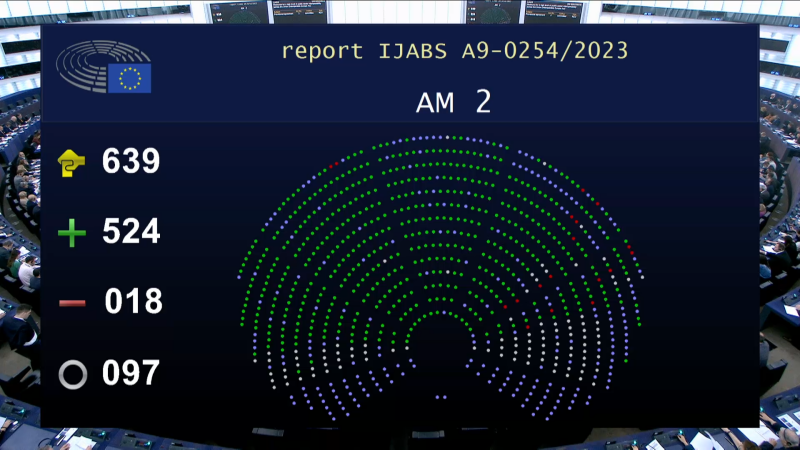
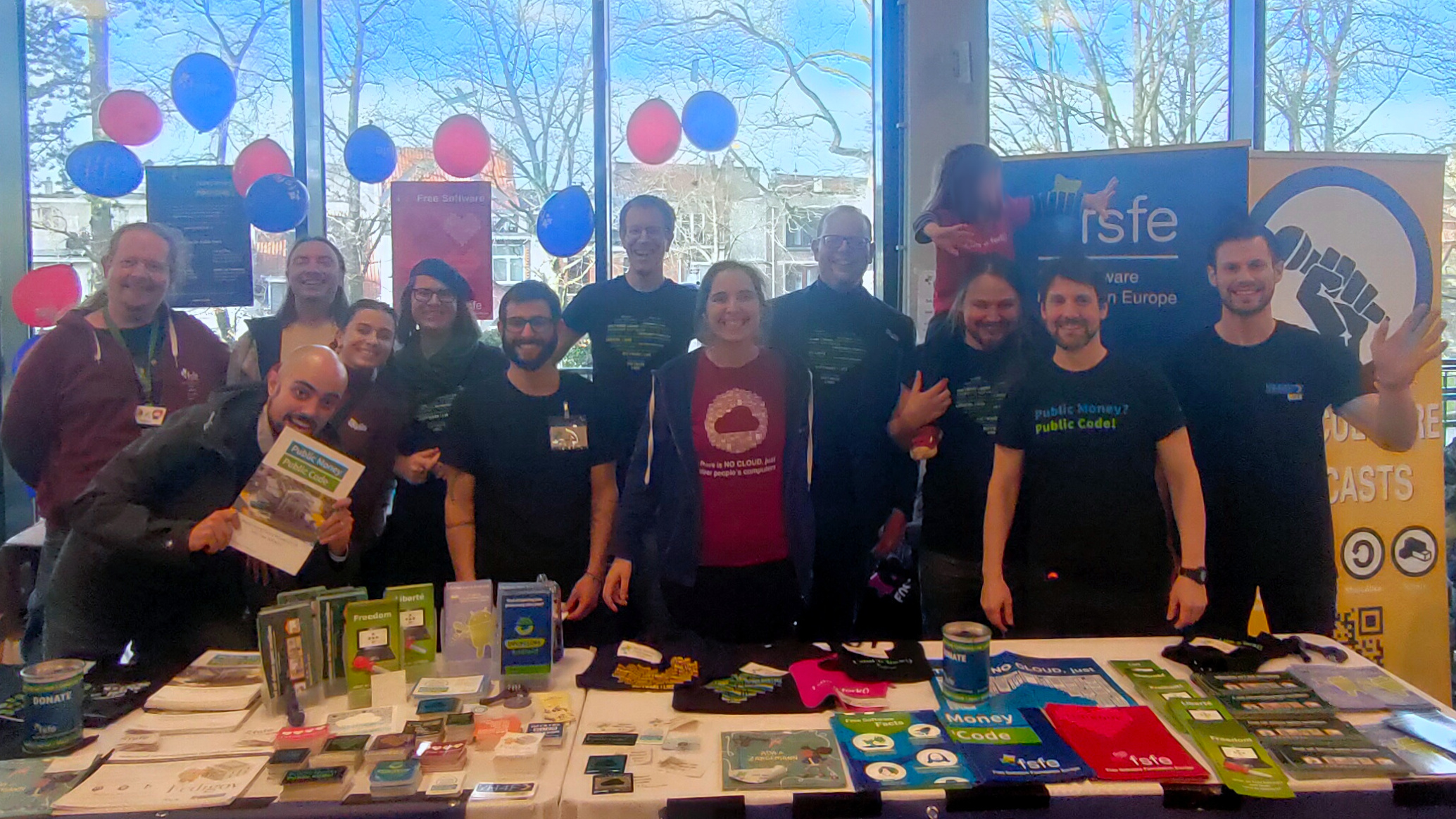

 School Hub’s “news” section (Neuigkeiten)
School Hub’s “news” section (Neuigkeiten)
 School Hub’s “substitutions” (Vertretungen) section
School Hub’s “substitutions” (Vertretungen) section
 Nanoly’s main page
Nanoly’s main page
 An example of the Shigoto dashboard
An example of the Shigoto dashboard
